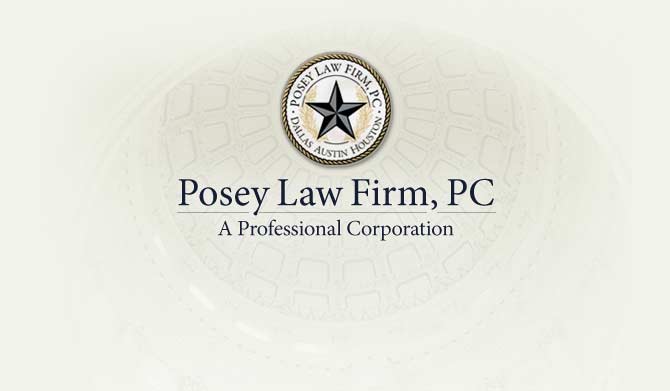First, US District Judge Nelva Gonzales Ramos, who blocked the original law in 2011, issued an injunction blocking this law in August. Then, the 5th US Circuit Court of Appeals halted that injunction in September after a panel vote of 2-1, Judge Graves being the only dissenter. He along with Judge Higginbotham and Judge Jones sat on this new panel to hear the arguments.
The amended law, Legislative Session 82 (R) SB 14, requires that each person must present either a driver's license, an election identification certificate, a military ID, a US citizenship certificate, or a license to carry a concealed handgun at the polling station before he or she can vote. However, forms of ID not on this list include state employee ID, federal employee ID, or university ID. It also allows someone who cannot present an appropriate form of ID to sign an affidavit stating that he or she could not reasonably obtain such ID. Any person who is caught lying on the affidavit will be punished criminally.
The main argument for the law is that it allows people who cannot reasonably obtain an appropriate photo ID to vote as long as they sign the affidavit. Opponents of the original law believed that it discriminated against minorities because they are "less likely" to have any of the listed forms of photo ID and would be prevented from voting. The amended law eliminates this problem with the affidavit.
Even in its amended version, the Texas law is still the strictest voting law in the country. This is a heated issue that will likely be decided along party lines, however, it deals with an important issue. The only thing clear, at this point, is that this fight will end in the Supreme Court.


